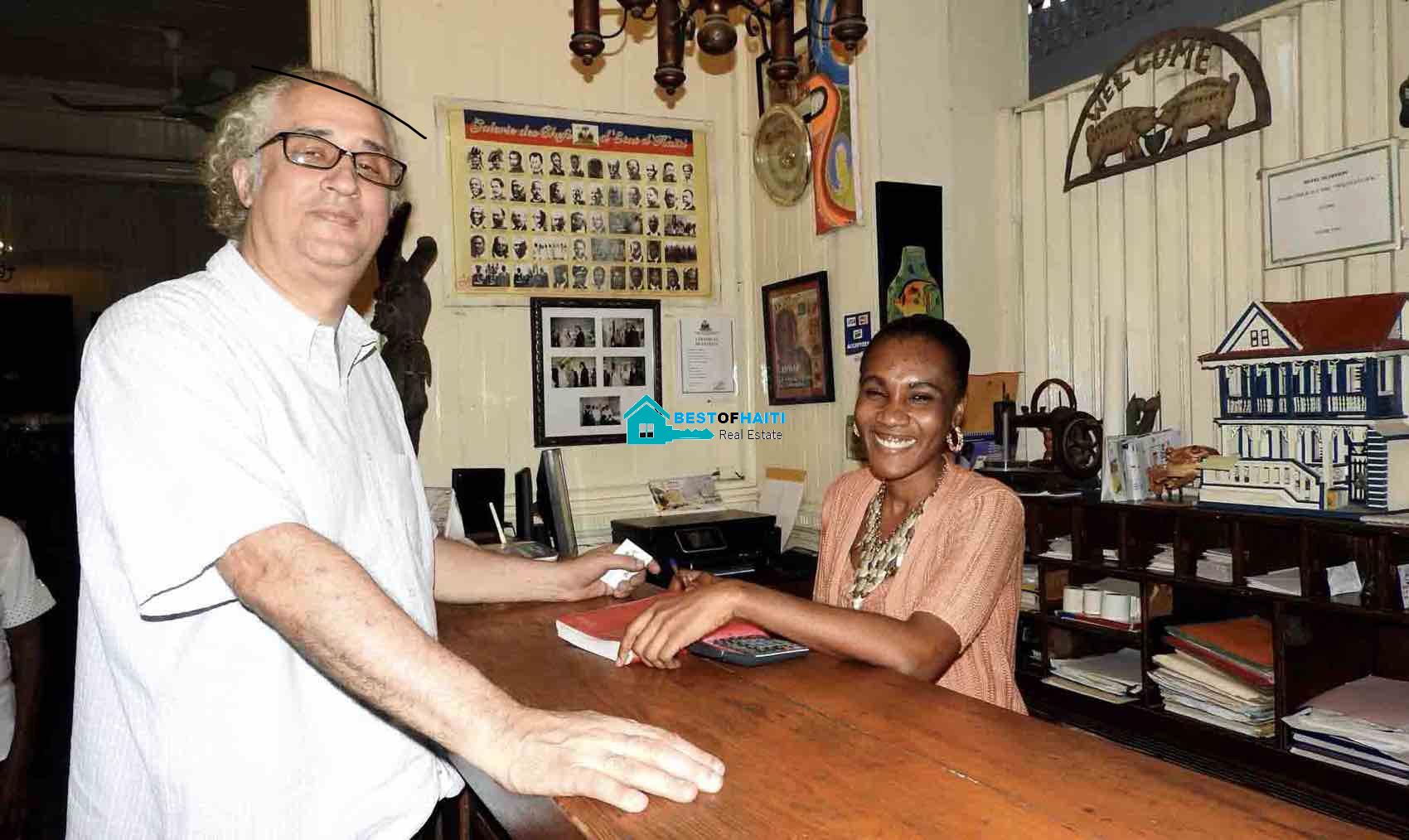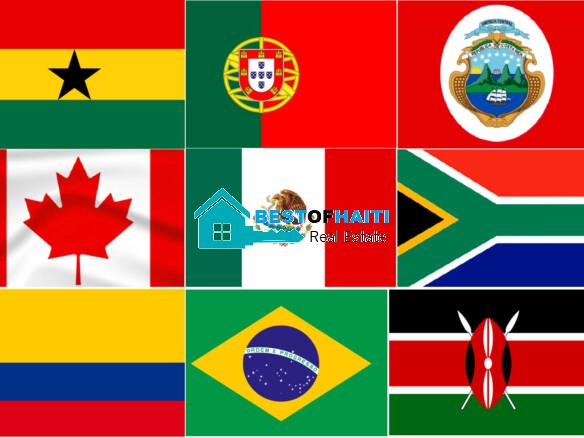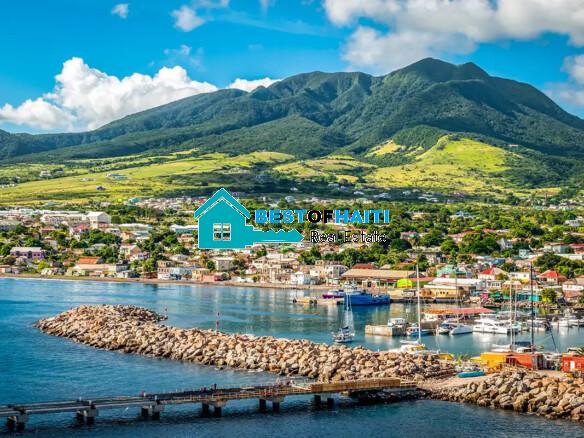Haiti Expat Life: Living in Ayiti—as an expat in 2025—is a blend of vibrant culture and serious challenges. Here’s what you should know:
🌍 1. Haiti Expat Life: Where Expats Settle
- Port‑au‑Prince and suburbs like Pétion‑Ville, Peguy Ville, Morne Brun, Laboule, Delmas, Montagne Noire, Morne Calvaire, Vivy Mitchell, Bourdon, Juvenat, Musseau, and Pacot are most popular.
- Cap-Haitien – large number of expats from Port-au-Prince, United States, Canada, and France are migrating to Okap (Haitian Creole). Labadie (Labadee) is one of the most popular destinations.
- Rents (1 bedroom furnished apartments with electricity & security):
- Port‑au‑Prince: US$600–800/month
- Pétion‑Ville: US$850–1,000/month; larger units US$1,200–1,750
🔐 2. Haiti Expat Life: Security & Safety
- Gang violence continues unabated, with neighborhoods like Bel Air, Cité Soleil, Martissant heavily affected.
- In early 2025, gang alliances displaced 42,000+ people in weeks, making total IDPs over 1 million.
- Travel advisories: avoid risky areas, stay in groups, avoid walking at night, and limit carrying cash.
🚗 3. Living in Haiti: Transportation & Infrastructure
- Roads are often in poor condition—expect dirt tracks.
- Daily transport via tap‑taps (shared vans) or minibuses; private cars/chauffeurs recommended for better safety.
🏥 4. Haiti Expat Life: Healthcare & Insurance
- Healthcare infrastructure is weak; serious illnesses may need evacuation abroad.
- Disease risks: cholera, malaria, dengue, typhoid, Zika—vaccinations and preventative measures essential.
- Secure comprehensive international health insurance with medical evacuation included.
🎓 5. Haiti Expat Life: Education
- International schools available in Pétion‑Ville and Port‑au‑Prince:
- International School of Port‑au‑Prince (ISPP)
- Union School (American curriculum)
- Lycée Alexandre Dumas, Saint Louis de Gonzague (French/Creole bilingual).
💰 6. Living in Haiti: Cost of Living & Economy
- Generally lower than Western countries: housing, food, transport all cheap compared to Europe or North America.
- Poverty is widespread: ~80% live below the poverty line; chronic malnutrition and food insecurity are major issues.
- Economy relies heavily on remittances—≈20% of GDP comes from the diaspora.
🎨 7. Living in Ayiti: Culture & Lifestyle
- Haiti offers a rich cultural mosaic: music, art, festivals, and natural beauty from beaches to mountains.
- Haitians are known for warmth and hospitality; expat life can be deeply rewarding.
- Life moves at a slower pace, often centered around community and local events.
⚠️ 8. Ayiti Expat Life: Major Risks to Prepare For
- Security — gang activity and unrest
- Healthcare — limited access & evacuation risk
- Infrastructure — patchy transport, utilities
- Food & water — avoid tap water, bottled only
- Natural disasters — prone to hurricanes, floods, earthquakes
✅ Practical Tips
- Choose well-secured housing in safer neighborhoods (Pétion‑Ville, Laboule).
- Use private drivers or trusted transportation services.
- Obtain wind‑up generator or solar backup—power cuts are routine.
- Always have bottled water and avoid local tap sources.
- Build a reliable local network for updates on security.
- Stay connected with expat groups via InterNations, Expat.com, private group by Best of Haiti Real Estate, etc.
🧭 Bottom Line
Haiti offers expats a deeply cultural, community-rich experience—tempered by serious security, health, and infrastructure challenges. If you’re drawn to its spirit, scenery, and people—and come well-prepared—it can be a uniquely enriching place to live in 2025. But understanding the risks and planning accordingly is absolutely essential.
Curious about specific aspects of Haiti expat life like housing costs, insurance plans, or expat personal stories in Haiti? I’m happy to dive deeper! Please contact us for more details. We have relocation packages that fit everyone’s need. Follow our YouTube Channel for daily updates.





Join The Discussion